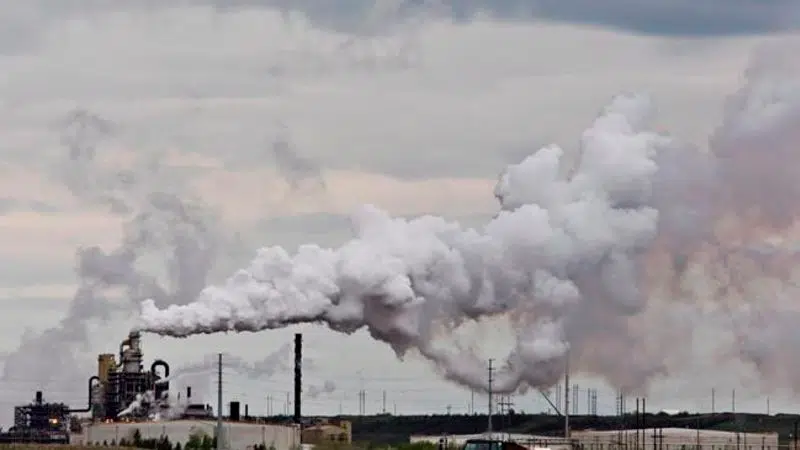
Climate change should be top issue for voters in October, advocates say
OTTAWA — A large group of Canadian climate scientists, environment advocates, business owners and corporate executives want climate change to be the No. 1 issue for voters this fall, including problems and solutions beyond the federal carbon tax.
A hundred of them signed an open letter to Canadians this week, urging them to understand the impacts of climate change and the solutions each party offers before casting their ballots in October.
Those behind the letter fear important discussions about climate change are being lost in the sea of political rhetoric for or against a national carbon price.
